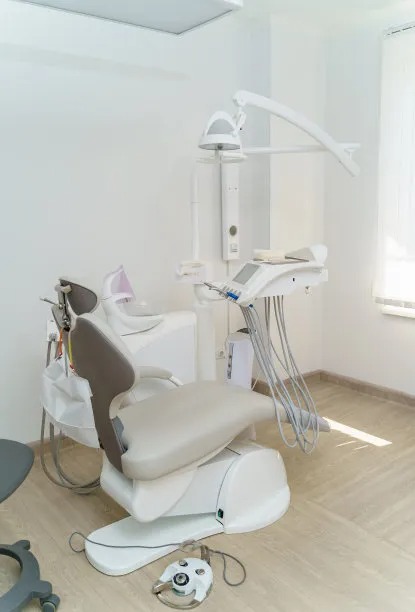Understanding the Impact of Periodontal Disease on Overall Health and Effective Prevention Strategies for Maintaining Oral Hygiene
Summary: Periodontal disease is not just an oral health issue; it has profound effects on overall health and well-being. This article explores the complex connections between periodontal disease and systemic health problems, including cardiovascular disease, diabetes, and respiratory issues. Additionally, it covers effective prevention strategies that individuals can adopt to maintain good oral hygiene and prevent periodontal disease. Through understanding the systemic impact of oral health and implementing proactive measures, we can significantly improve not only dental health but also enhance quality of life. Ultimately, knowledge and prevention are key to combating this widespread problem, making oral hygiene a vital aspect of overall health.
1. The Link Between Periodontal Disease and Heart Health

The relationship between periodontal disease and cardiovascular health has garnered significant attention in recent years. Research indicates that the bacteria responsible for gum infections can enter the bloodstream, potentially leading to inflammation in blood vessels. This inflammation can contribute to the development of atherosclerosis, a condition characterized by the buildup of plaque in arteries, which may increase the risk of heart attacks or strokes.
Moreover, chronic inflammation resulting from periodontal disease can exacerbate existing heart conditions. Individuals with periodontal disease are more likely to face complications if they have pre-existing cardiovascular issues. Thus, maintaining oral health is crucial for reducing the risk of heart-related ailments.
Preventative measures, such as regular dental check-ups and effective home care, can significantly lower the risk of periodontal disease, fostering better heart health in the long run.
2. Periodontal Disease and Diabetes Connection
Diabetes and periodontal disease create a cyclical relationship where each condition worsens the other. Individuals with diabetes are more susceptible to infections, including those affecting the gums. High blood sugar levels can lead to increased growth of bacteria and inflammation in periodontal tissues, making diabetes management more challenging.
Conversely, periodontal disease can destabilize blood sugar levels, complicating diabetes management. Studies have shown that individuals who maintain good oral hygiene and manage their periodontal health can see improvements in their metabolic control.
A comprehensive approach, including regular dental visits and proper management of diabetes, is essential for breaking this cycle. By prioritizing oral health, diabetic patients can not only improve gum health but also achieve better overall health outcomes.
3. Impact of Periodontal Disease on Respiratory Health
The health of our respiratory system can also be influenced by periodontal disease. Research suggests that bacteria from oral infections may be inhaled into the lungs, causing respiratory infections and exacerbating existing conditions such as chronic obstructive pulmonary disease (COPD) and pneumonia. This is particularly concerning for individuals with compromised immune systems.
Oral health is often overlooked in respiratory care, yet studies indicate that better dental hygiene can reduce the incidence of respiratory complications. Maintaining a clean and healthy mouth is crucial, especially for older adults, who are at a higher risk for both periodontal disease and respiratory issues.
Effective prevention strategies, including consistent brushing, flossing, and professional dental cleanings, can substantially lower the risk of developing respiratory infections linked to periodontal disease.
4. Strategies for Effective Oral Hygiene Maintenance
Prevention of periodontal disease is largely centered around effective oral hygiene practices. Brushing teeth twice a day with fluoride toothpaste is fundamental in removing plaque that can lead to gum disease. Additionally, incorporating flossing into daily routines helps to clean between teeth and below the gum line, areas that are often missed during brushing.
Regular dental check-ups and cleanings are vital. These professional services not only allow for the removal of tartar but also enable early detection of any signs of periodontal disease. Dentists can also provide personalized advice tailored to individual needs, making professional care integral to oral health.
Finally, adopting a balanced diet rich in vitamins and minerals can support gum health. Nutrients such as vitamin C help to maintain healthy gum tissues, making a nutritious diet an essential part of an oral hygiene strategy.
Summary:
The exploration of the connections between periodontal disease and overall health highlights the necessity of maintaining good oral hygiene. From cardiovascular health to metabolic control in diabetes and respiratory conditions, periodontal health plays a significant role in systemic health. Understanding these relationships empowers individuals to take preventive measures, further underscoring the importance of oral healthcare.
This article is compiled by Vickong Dental and the content is for reference only.


